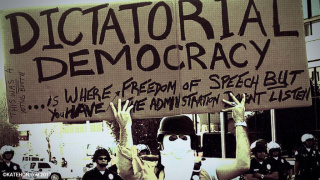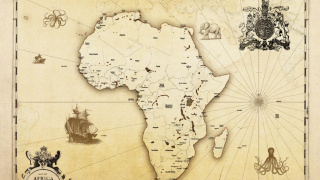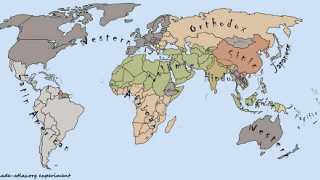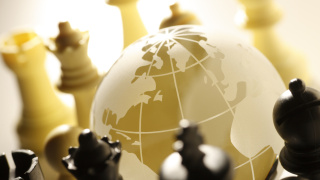The New Bipolarity Analyzed
1-Mankind cannot and should not abolish or reduce to insignificance the many traditions, cultures and civilizations which account for the existence of separate national and regional societies. The global, predominantly anglo-saxon and judeo-christian, albeit officially secular or agnostic, ideology and way of life that has developed out of the British and American successive and related empires is only an additional layer on top of many earlier supra-national influences that shaped most civilizations in past centuries. Many speakers reaffirmed this, such the Forum's founder and chairman Dr Vladimir Yakunin, Harvard Professor Tu Wei Ming from the standpoint of Confucianism, Dr Kapila Vatsyayan, the head of India's Asia Project, Dr Johann Galtung, the Norwegian founder of Transcend, Dr Chandra Muzaffar as a representative of the Malaysian multi-religious Indo-Arabo-Chinese identity and representatives of the Roman Catholic, Greek, Lebanese and Russian orthodox churches, among others.












